
G7 Summit in Hiroshima to reject military aggressions, use of nuclear weapons, and violation of international law
Russian aggression against Ukraine will be one of the main topics of the G7 summit to be held from 19-21 May in Hiroshima, Japan.
The leaders will also discuss nuclear disarmament and non-proliferation, economic sustainability and security, climate, energy and environment, food, health and development.
The EU will be represented by the President of the European Council, Charles Michel, and the President of the European Commission, Ursula von der Leyen.
The G7 summit is a forum that plays an important role in shaping global responses to global challenges, complementing the global economic coordination carried out by the G20. It brings together leaders from the EU and Canada, France, Germany, Italy, Japan, the United Kingdom, and the United States of America. Leaders have been meeting in the G7 format since 2014, following the Russian Federation’s violation of Ukraine’s sovereignty and territorial integrity.
According to the EU press release, at the summit in Hiroshima, Japan would like to demonstrate the G7’s strong determination to categorically reject military aggressions, any threats or uses of nuclear weapons, as well as attempts to overthrow the international order.
“The international community is now at a historic turning point, having experienced the COVID-19 pandemic and being faced with Russia’s aggression against Ukraine, which has shaken the very foundation of the international order,” said Japanese Prime Minister Fumio Kishida.
The last G7 summit was held in Schloss Elmau, Bavaria, Germany, in June 2022.
Find out more
MOST READ
SEE ALSO
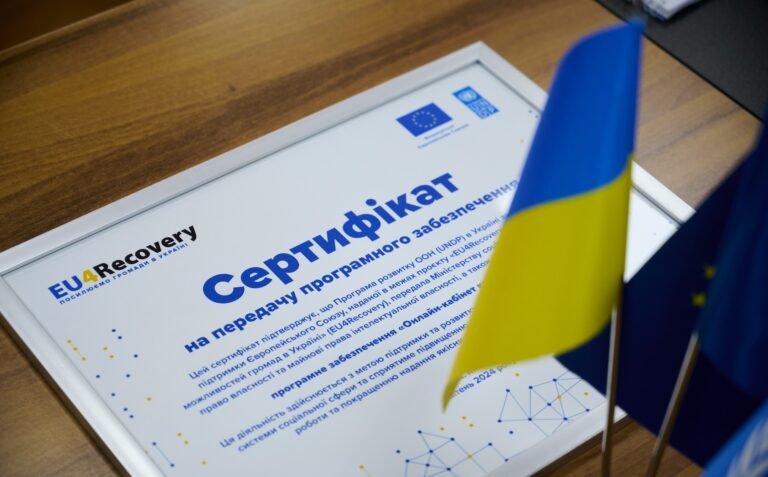
EU and UNDP transfer unified electronic case management system software to Ukraine
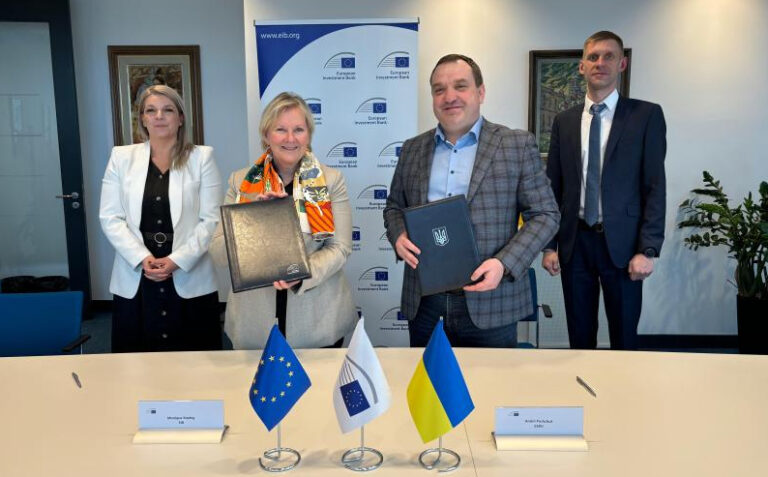
EIB and Ukraine reinforce safeguards for EU bank’s investments in the country
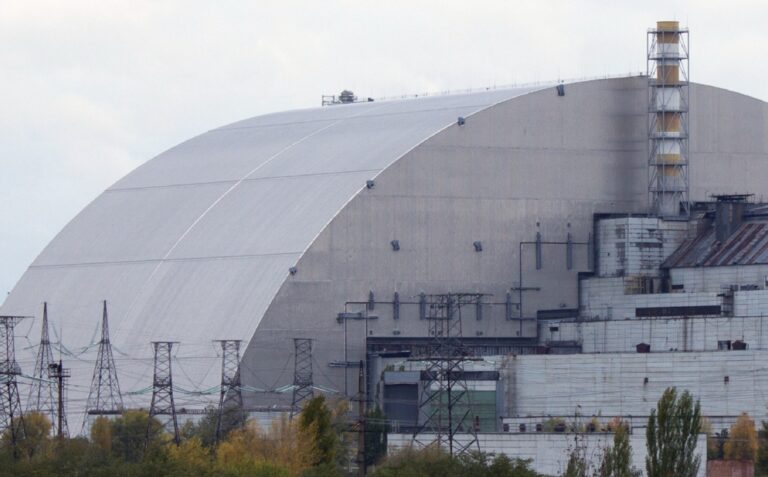
Chornobyl Nuclear Disaster Anniversary: ‘Let us never forget the past to safeguard our future,’ says EU
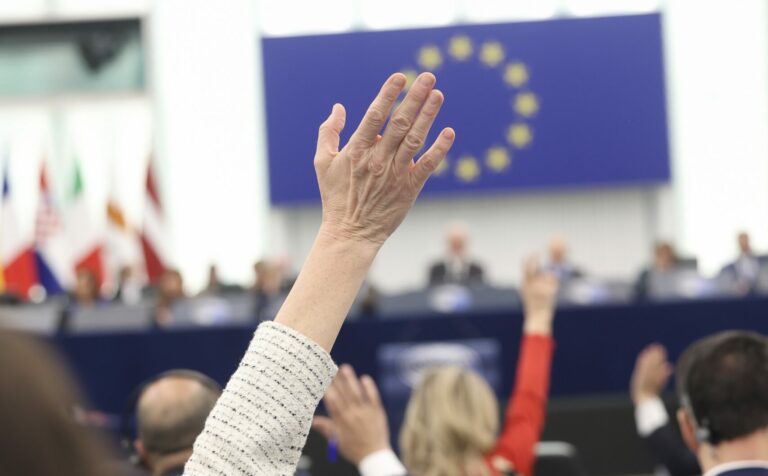
European Parliament urges Azerbaijan to immediately and unconditionally release Ilhamiz Guliyev and other political prisoners
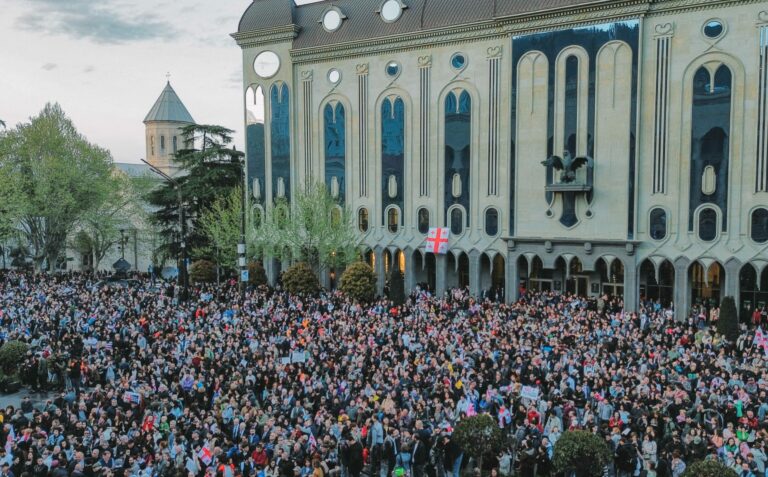
Borrell urges Georgian political leaders to withdraw draft law on foreign influence
More campaign pages:
Interested in the latest news and opportunities?
This website is managed by the EU-funded Regional Communication Programme for the Eastern Neighbourhood ('EU NEIGHBOURS east’), which complements and supports the communication of the Delegations of the European Union in the Eastern partner countries, and works under the guidance of the European Commission’s Directorate-General for Neighbourhood Policy and Enlargement Negotiations, and the European External Action Service. EU NEIGHBOURS east is implemented by a GOPA PACE-led consortium. It is part of the larger Neighbourhood Communication Programme (2020-2024) for the EU's Eastern and Southern Neighbourhood, which also includes 'EU NEIGHBOURS south’ project that runs the EU Neighbours portal.

The information on this site is subject to a Disclaimer and Protection of personal data. © European Union,







